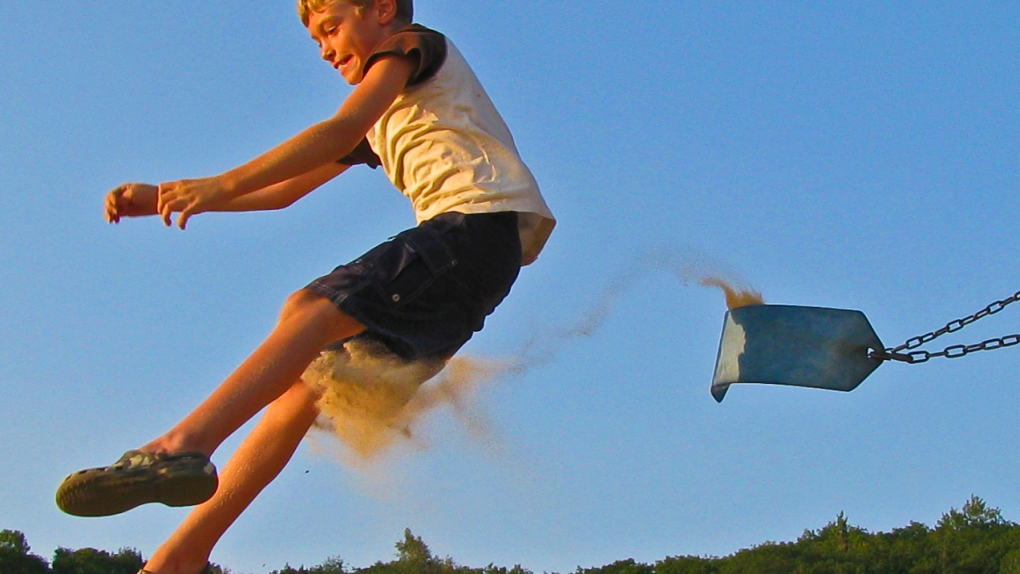Nobody really looks back on themselves as an eight-year-old and thinks that they were at their peak in terms of physical performance, but a new study suggests that youngsters are on a whole other level when it comes to muscle recovery. The research reveals that kids between the ages of 8 and 12 outperform even professional endurance athletes in many exercise recovery tests, bouncing back from muscle fatigue much faster than adults.
In a series of cycling tests, scientists put a dozen boys between the ages of 8 and 12 up against a dozen unfit adults and 13 professional competition athletes. Each volunteer was measured for their heart rate, level of oxygen in their blood, and the level of muscle fatigue they were experiencing based on the production of lactic acid within the muscles. The kids outperformed the sedentary adults every time, and when it comes to recovery, they also beat out the professionals.
“This new study is significant because we found that the children used more of their aerobic metabolism and were therefore less tired during the high-intensity physical activities than adults,” Sébastian Ratel, a co-author of the study, told Newsweek. “Children also recovered very quickly, even faster than the well-trained adult endurance athletes, as demonstrated by their faster heart rate recovery and ability to better remove lactate, a metabolic byproduct contributing to muscle fatigue.”
It’s important to remember that children have less strength overall, meaning that they are producing less power with their muscles than an adult. In that regard, the faster recovery rates may be easily explained, but there’s also the question of whether a gradual decrease in muscle fitness impacts our overall health as we get older.
The implication is that, as we age, our aerobic fitness (as it relates to our muscles) tends to take a sharp downturn. As Ratel notes, that change happens are around the same time that risk of diseases such as diabetes begin to increase, and there might be an important connection between the two. “It will be interesting in future research to determine whether the muscular changes we have observed are directly related to disease risk,” Ratel says. “At least, our results might provide motivation for practitioners to maintain muscle fitness as children grow up; it seems that being a child might be healthy for us.”








